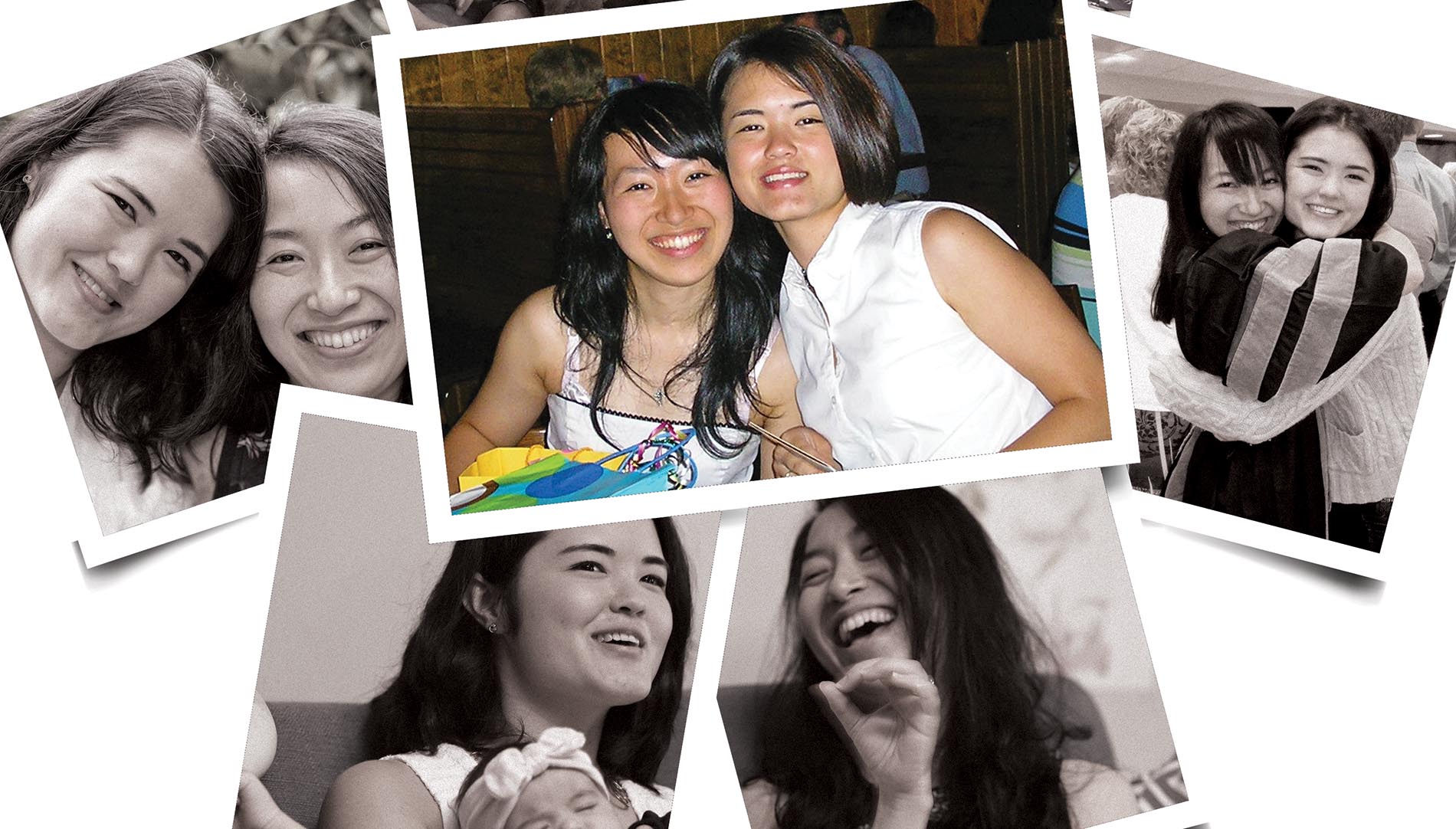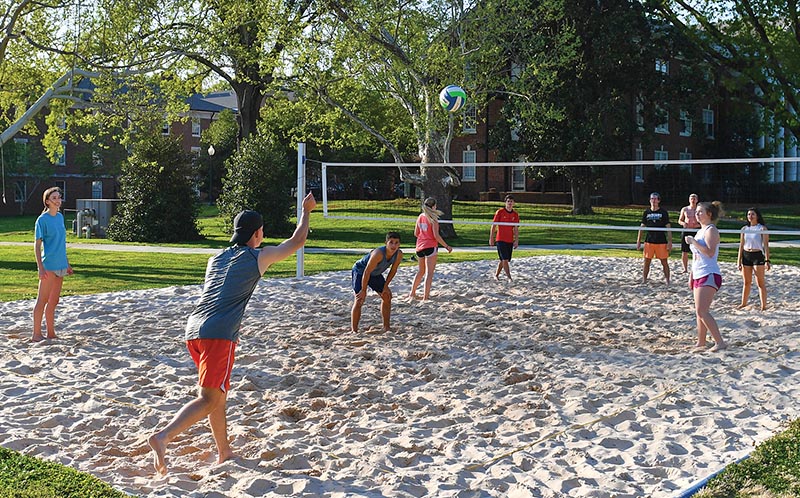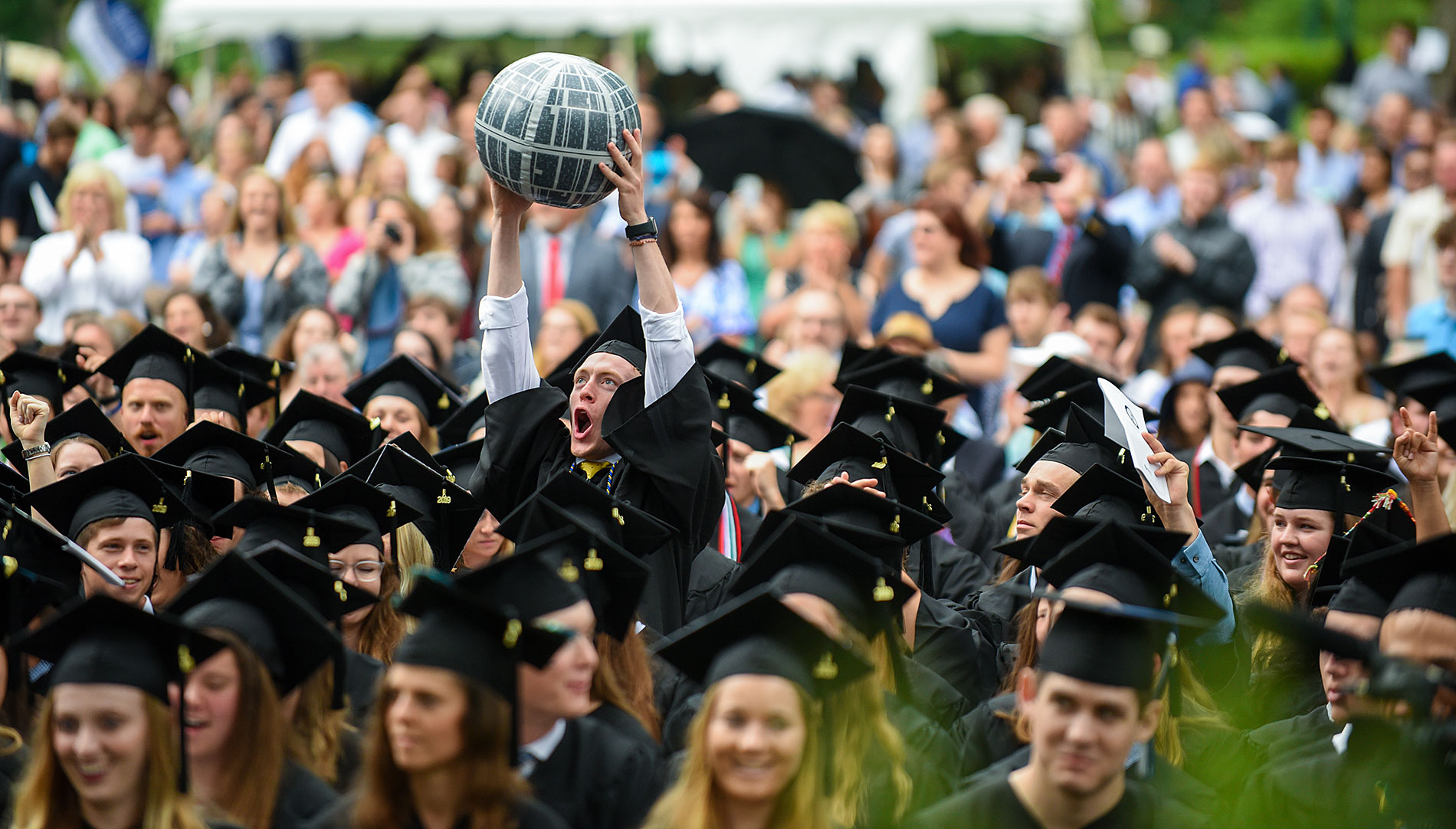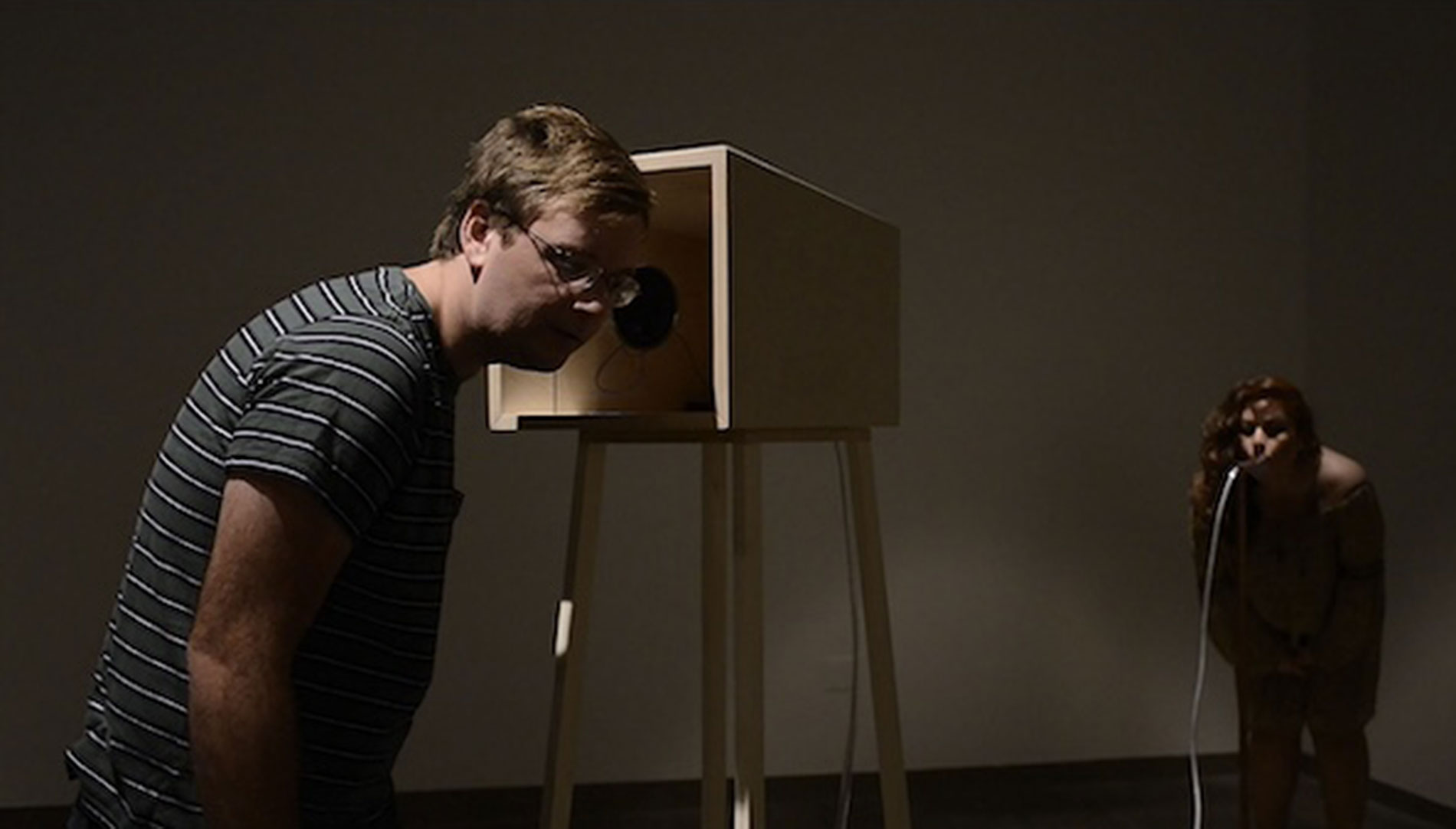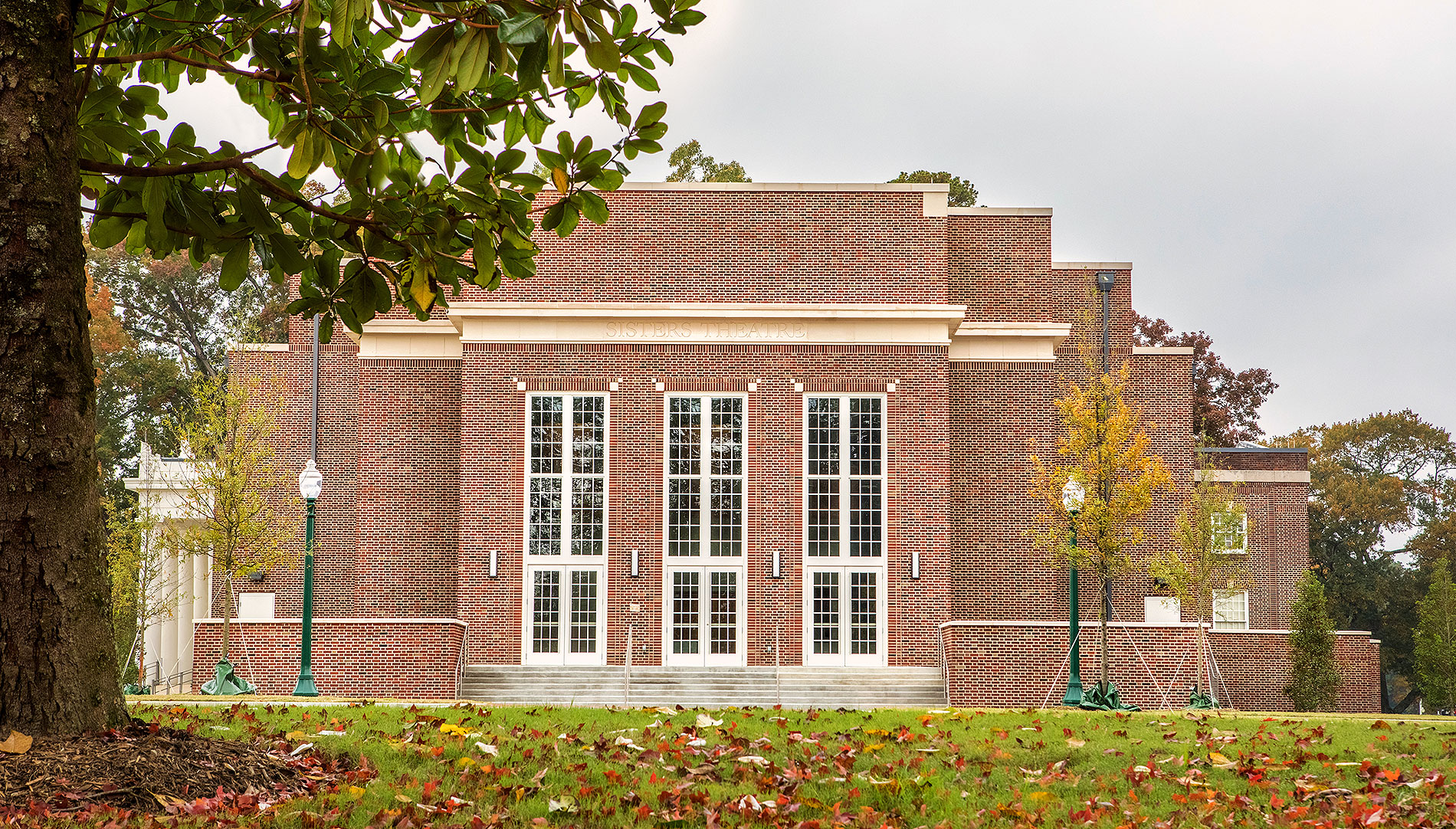By Debbie Rasure
Photography by Brant Sanderlin with family contributions from Drs. Hofstetter and Sato
They shouldn't even have met.
Dr. Amelia “Mimi” Hofstetter (07C) of Indianapolis had no interest in attending Berry when she came to the area to visit her cousin. She was tired of touring colleges and just wanted to soak up some Southern sunshine when she unexpectedly was captivated by Berry students. On the other hand, Dr. Yuko Sato (08C) from Osaka, Japan, was serious about Berry, but it was an exceptional act of hospitality by two Berry students that sealed the deal.
More on that in the sidebar below. What matters is they did meet, and now they can’t imagine life without each other. Two science-minded students of Japanese heritage with strong academic drive and initiative found in each other a perfect, free-spirited, high-energy match. Three years of shared D-hall meals, campus dances, Berry trail hikes, intramural soccer and occasional mud-wrestling contests forged a bond that has helped them through some of life’s highest highs and lowest lows. Today, they describe their connection as a sisterhood, not a mere friendship.
“Yuko and I may be separated by distance now,” Hofstetter emphasized, “but we expect to be in the same retirement home someday. We plan to be friends until the day we die.”
Starting with now
Regardless of where their personal and professional journeys took them, Hofstetter’s and Sato’s lives have been woven together by three shared loves: friendship, family and science. Today, Hofstetter is a research scientist in viral immunology for Battelle working at the Centers for Disease Control and Prevention in Atlanta on influenza immunity. She earned a Ph.D. in immunology and molecular pathogenesis from Emory University.
Sato, now assistant professor of veterinary medicine at Iowa State University, is a renowned poultry veterinarian deeply involved in assisting poultry producers develop successful disease-management programs designed to keep our food supply safe. She acquired her Doctor of Veterinary Medicine degree and completed a poultry residency at Purdue University.
The birth of a friendship
Sato and Hofstetter were never roommates at Berry; they met as first-year students when both left a Biology Club meeting in a huff after learning that members would not be conducting experiments. Soon, they had a common group of friends and discovered that, even as serious science students, they shared a significant streak of pure silliness.
“She was my polar opposite,” Sato recalled. “I was pretty quiet and reserved, but we brought out the craziness in each other.”
Hofstetter agreed. “We shared a social shamelessness. We were loud and raucous together and didn’t worry about turning heads. I didn’t have to button up my energy with her. It was never anything deep, just dumb stuff.”
But the friendship wasn’t all about fun and games. Sato’s ability to also understand and support Hofstetter’s intense work and study schedule was an important factor in drawing them together.
Strengthening ties
By Hofstetter’s senior year (she graduated ahead of schedule), the effervescent friendship was deepening into something more substantial. The Hofstetter family had welcomed Sato during school holidays and breaks when she couldn’t travel to her home in Japan, growing to love her as one of their own. After graduating from Berry, Hofstetter accompanied Sato to Japan, meeting her friend’s family and experiencing her ancestral culture for the first time.
Sato’s decision to pursue postgraduate study at Purdue University’s College of Veterinary Medicine in Indiana brought her even closer to the Hofstetters. The family was quick to integrate her into their lives, welcoming her for weekend visits, birthday parties, baby showers, holidays and other family celebrations.
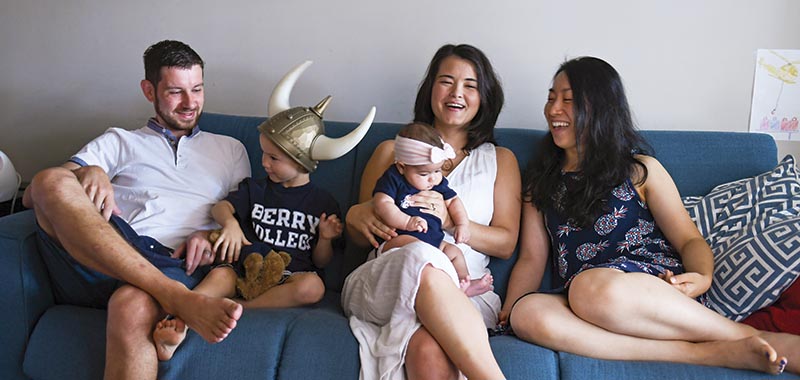
“That sense of family is not something you could grow if you wanted to,” Sato said. “It just has to happen. I took her parents as my second parents. We called it ‘in loco parentis.’ They came to a lot of my school events and acted as my parents. Mimi’s mom looks like mine, and I have no accent, so no one questioned it. Everyone assumed they were my parents.”
And just like parents, the Hofstetters stepped in when Sato ran low on funds for vet school.
“I didn’t even have to ask,” Sato recalled. “They just said, ‘We trust you. We love you. And we want to do what we can to help you with your vet school expenses.’ They set up a loan for me, and I’ve paid them back over the years. What they did for me was enormous. I don’t even know if I would have graduated from vet school without their support.”
Undeniable destiny
While Hofstetter and Sato finding each other at Berry was certainly a stroke of good luck, what happened next is nothing short of incredible.
“I was looking for jobs as Yuko was finishing her residency,” Hofstetter remembered. “I called and told her I had a job interview at the USDA in Ames, Iowa. She said, ‘Really? Because I just accepted a job at Iowa State University,’ which is also in Ames. We had not communicated about Iowa at all. It was completely coincidental, and I was so excited about the possibility of being close to her again.”
A few months later, both would find out how lucky those Iowa job opportunities would turn out to be.
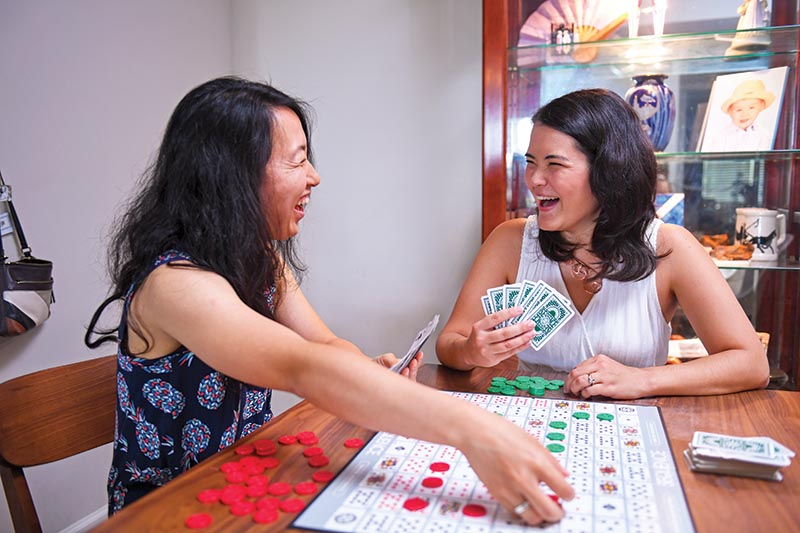
Bridge over troubled water
Sato admits the transition from being a graduate student living near her adopted family to beginning a career in a new community hundreds of miles away was rough.
“I didn’t know anyone there,” she said of her new position at Iowa State. “I was working from 7 a.m. to 10 p.m. every day and most weekends. I was overwhelmed. It was destroying my mental health. When Mimi moved to Iowa, she would call and tell me that I had to stop working and come hang out with her. She helped bring the balance back to my life.”
Hofstetter remembers those days as well. Then a wife and new mother, she’d arrived in Iowa excited to launch her career, but postpartum stress and exhaustion from juggling job demands and family life soon caught up with her.
“Yuko started coming to visit and sharing meals with us,” Hofstetter said. “And sometimes she would stay the night. Then she started staying the weekend, and gradually, she just started living with us, helping take care of our baby, Nathaniel, and just being a good auntie. We hiked, explored parks, cooked together and played board games at night while my husband [Chef Nico Ebtinger] was at work. We just realized we were all happier and had better mental health when we were together.”
From friends to family
Hofstetter and Sato acknowledge that their sense of becoming family developed at a different pace.
“Long before I was willing to accept the title, she would call me sister,” Hofstetter shared. “It reflected the way she felt about me and my family. Over the years, she’s been incredibly supportive and someone I’ve been able to call in hard times. And she’s called me in times of distress, and I’ve been able to support her. How that changes a person … I don’t know how to put it into words. She taught me that family can go beyond parentage. She’s really become my sister, a part of my life. It causes you to redefine everything about who you are.”

Left: Sato at work with her chickens.(Courtesy of Iowa State University); Right: Hofstetter checks the results of her research. (Courtesy of the Centers for Disease Control and Prevention - Atlanta)
The secret to lasting friendship
With Hofstetter now back in Georgia and Sato still in Iowa, the “sisters” only get to visit in person a couple of times a year, but they still reach out nearly every day through social media or texting. They also allow themselves the luxury of a long talk at least once a month.
As for the secret to a lasting friendship, they agree: It all comes down to honesty and persistence.
“You’ve got to be real, bring your real self and be vulnerable, otherwise it’s not a true friendship,” Hofstetter said. “And you’ve got to remember that people are different. You don’t keep score about who called who last. You just keep reaching out to people who matter.”
FERTILE GROUND FOR FRIENDSHIP
From the moment she stepped foot on campus, Mimi Hofstetter knew something about Berry was different from all the other schools she’d visited during her quest to find a college.
“As we drove past the sand courts by Memorial Library, a volleyball game was in progress,” Hofstetter remembered. “I asked my cousin
[Dr. Jackie McDowell, professor of teacher education and former dean of the Charter School of Education and Human Sciences] to stop the car. I tumbled out and just joined the game. Later that week, I happened to see a copy of KCAB’s Stall Wall Weekly with all of the activities listed, and I realized Berry was a place where I could have fun with other young adults without alcohol dominating everything. That’s when I knew
Berry was the place I’d been looking for.”
That sense of welcoming also shaped Yuko Sato’s first impressions of Berry when she and her father visited from Japan. Both were captivated by the college’s hospitality and the friendliness of the students.
“We stopped a couple of students and asked them where Krannert Center was,” Sato recalled. “But they didn’t just point it out. They walked us over, bought our dinner and stayed to talk with us for a while.”
